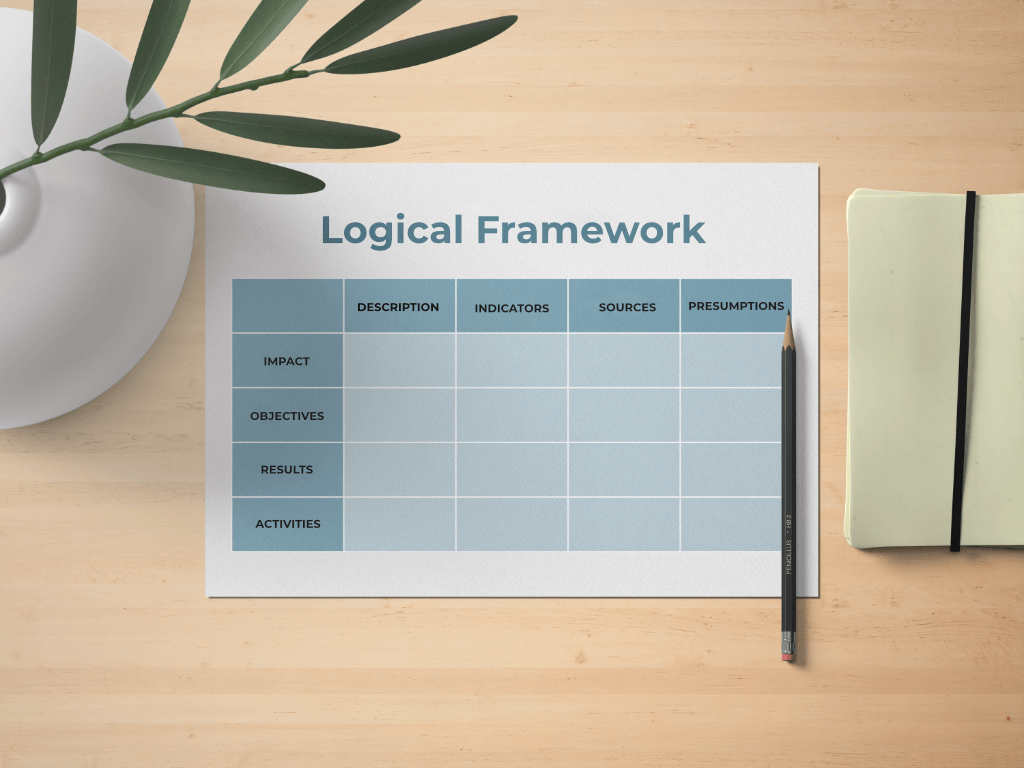ESG has a history linked to the area of finance, however today it has become synonymous with positive socio-environmental impact, sustainability and corporate social responsibility of organizations.
It is a term that comes from a long tradition of movements in the area, from cooperative associations to non-profit organizations.
The acronym ESG stands for Environmental, Social and Governance, meaning that a company that takes ESG into account will not only look at the economic and financial aspects, but also at the environmental, social and governance (decision making) aspects.
Whats is ESG?
According to the UN Global Compact initiative the meaning of ESG is an English acronym that stands for Environmental, Social and Governance, and corresponds to an organization’s environmental, social and governance practices. ESG is nothing more than corporate sustainability itself.
A company that is compliant with ESG practices understands its positive and negative impacts on society and is able to act on them. It is necessary to minimize the negative impacts and enhance the positive ones, as well as equate the damage already caused.
What does each letter of the ESG stand for?
Environmental
Environmental is how the company acts to care for the environment. Examples include reducing the impacts of climate change, managing resources such as water, energy, and waste, preserving natural resources, and company-related environmental practices and reporting.
Social
Social is how the company manages relationships with employees, suppliers, customers, and the communities where it operates, commitment to diversity and equity (internal and external), supplier management, promoting health and safety at work, reducing turnover, increasing customer satisfaction, and investments in the community.
Governance
Governance is how the business operates, including the processes, structures, and mechanisms that influence good governance practices of organizations. Examples include data management, board accountability and enterprise risk management, transparency, stakeholder management, and a business-aligned impact strategy.
ESG Today
Today we are in an economic transition, from a shareholder economy to a stakeholder economy.
Representing this economic transition, the explosion of the term ESG came during the COVID-19 pandemic, where several social and environmental problems became evident. In addition, we realized as humanity the interconnectedness of our actions, realizing that we are directly affected by actions and decisions from other parts of the world.
Also on an individual level, the pandemic situation has made us look inward and reflect on the direction of our lives, as well as the value assignment we give to each choice. It is increasingly common to talk to professionals who have questioned the work they do. The fragility of life has become evident and is making students, professionals, executives, and consequently entire organizations rethink their purposes, their way of acting, and their vision of the world.
This transition means that we are moving from an economic vision of a company that only generates profit to a company that creates positive impact while generating profit, developing the quality of life of its community, and protecting its ecosystem.
The new ESG proposes integrated practices to solve social and environmental challenges.
Why implement ESG?
- Alignment of purpose
By aligning the purpose of your organization and your team, you will accomplish the institutionalization of practices, ensuring the long-term protection of the business mission. - Impact measurement
Credible, comparable, and verifiable social and environmental impact metrics and continuous development plans that facilitate improved management and resource savings. - Participation in global movements
By being part of global ESG networks (Conscious Capitalism, Global Compact, B movement, ESG ratings, etc.) new business opportunities may arise. - Brand Strengthening
Positioning for the value chain: credibility and trust. Strengthening the brand and marketing to suppliers, employees, investors, and consumers. - Talent Attraction
77% of the millennial generation seeks purpose of positive impact on their career (Deloitte Millennial Survey), so the ESG can contribute to the attraction, involvement and retention of talents. - Attracting capital
More than 200 studies prove that sustainable practices directly influence financial performance and investor attraction.
ESG methodologies and approaches
B Corporations
B Lab is the organization that represents a global movement that brings together companies, governments and civil society to redefine the concept of success in the economy and business from the welfare of people, nature and society.
Through B Lab a company can receive the certificate of Company B, a new type of business that balances purpose and profit, considering the impact of its decisions on its workers, customers, suppliers, community, and environment.
If you’d like to know more about B Corporation you can check our blog post about it.
Sustainability Accounting Standards Board
The SASB Standards guide the disclosure of financially relevant sustainability information by companies to their investors. The standards identify the subset of ESG issues most relevant to financial performance in each sector.
Sustainable Development Goals
The Sustainable Development Goals (SDGs) were adopted by the United Nations in 2015 as a universal call to action to end poverty, protect the planet, and ensure that by 2030 all people enjoy peace and prosperity.
The 17 SDGs are integrated-they recognize that action in one area will affect outcomes in others, and that development must balance social, economic, and environmental sustainability.
GRI
GRI (Global Reporting Initiative) is an independent international organization that helps companies and other organizations take responsibility for their impacts by providing them with a common global language for communicating those impacts.
Providing the world’s most widely used standards for sustainability reporting – the GRI Standards.
SDG Action Manager
The SDG Action Manager brings together the B Lab Impact Assessment, the UN Global Compact’s Ten Principles and the Sustainable Development Goals (SDGs) to drive business action through dynamic self-assessment, benchmarking and improvement.
This tool was developed with the active support of different stakeholders, including experts in corporate sustainability, civil society, the United Nations, and academia, and was inspired by the B Enterprises community and the companies that participate in the United Nations Global Compact.
ESG Trends
Integration
One of the fundamental points for the implementation of ESG actions to be perennial is the integration of the company’s socio-environmental impact with its business. It is important that the company’s core business is designed to generate positive and/or reduce negative impacts. In this way, sustainability does not become an accessory and additional aspect to the company’s operation, but the company’s own activities, products, and services are executed in a sustainable way. For this integration to happen, knowledge and skills must be developed for strategic decision making and management of ESG issues and the positive impact on all the organization’s processes.
Transparency
Increasingly, transparency in terms of compliance and impact assessment becomes fundamental. From more internal aspects of an organization, such as charging employees for a proven sustainable positioning, to the need to be accountable to society, consumers, investors, etc. In this sense, the need for sustainability and ESG reports in the search for investments is already common. And not only that. More and more stakeholders want proof of concrete actions of socio-environmental impact based on verifiable parameters and reliable sources of information.
Culture
One of the greatest challenges for companies implementing ESG is culture-related, after all, process change will only be efficient if accompanied by the evolution of people. In this sense, it is essential to develop a sustainability mindset (values, beliefs, worldviews, motivations, and cognitive, emotional, and relational capacities) for the reconnection between the self, the other, and nature. It is also important to encourage people’s physical, emotional, mental, social and spiritual care and well-being and integration with ecological well-being. Therefore, a major trend for the coming years is the development of culture and leaderships that are connected and aware to activate creativity and innovation for disruptive ways of being, thinking, and building business models, strategies, services, and products that support sustainable societies and regenerative actions for nature.
Want to meet companies that are examples in ESG? Check out the case of some of our clients.
Subscribe to our Newsletter to receive more content like this!






